-
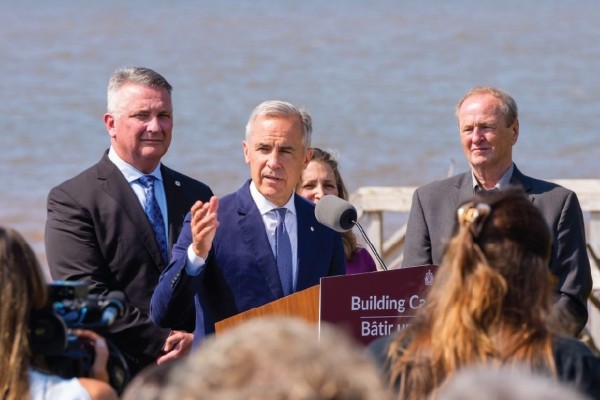
Under Mark Carney, capital’s leading lobby group is back in the driver’s seat
With Mark Carney in power, the Business Council of Canada has re-emerged as the country’s most influential lobby group. While few Canadians know its name, the Council is advancing a pro-corporate agenda focused on resource extraction, military spending, and closer US ties, while sidelining public services, First Nations, and democratic accountability.
-

Endgames in Gaza?
What’s unfolding in Gaza is not just a humanitarian crisis—it’s a deliberate, systematic campaign to destroy a population. Mass killings, starvation, and attacks on aid efforts are part of a broader strategy. Western governments, through their support and silence, are complicit. This is not only Israel’s genocide. It is enabled, justified, and sustained by the West.
-
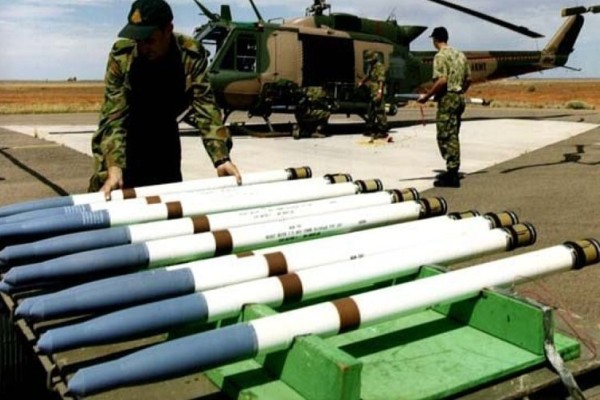
Winnipeg’s hidden role in the global arms trade
Winnipeg’s Magellan Aerospace has played a significant but under-recognized role in Canada’s arms industry. Its CRV7 rockets and other military technologies have been used globally—from Cold War NATO allies to conflicts in the Middle East and Ukraine. Despite public unawareness, Winnipeg remains a key hub in producing weapons fuelling conflicts worldwide.
-
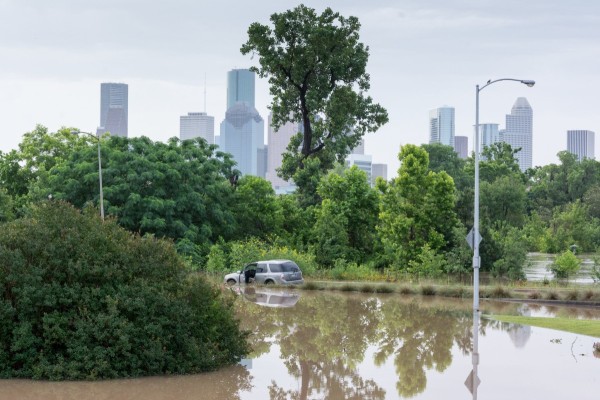
When climate becomes class war
The intensifying depredations of the changing climate, coupled with their disproportionate effects on poor and working class people, have very major implications when it comes to the shape and directions of the class struggle. Climate change requires that workers and working class communities respond, to a much greater degree than in the past.
-
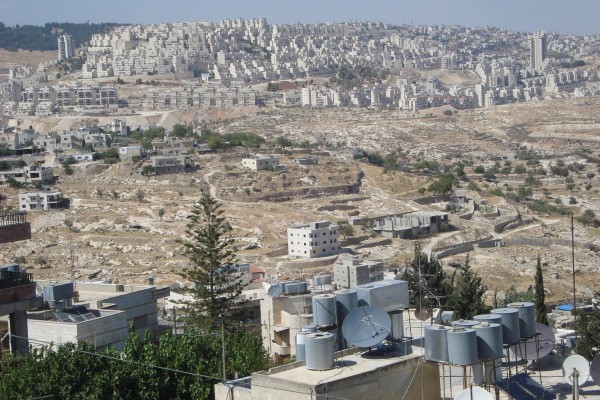
Canada’s legal duty to end trade with Israeli settlements
Canada must act. This means enacting an immediate ban on the import of goods from illegal settlements, in line with Ireland’s example, and working toward a broader policy that rejects economic support for violations of international law. If Canada is serious about human rights, the rule of law, and peace in the region, it cannot remain a silent partner in occupation.
-

Remembering the resistance that helped stop a genocidal war
In Hell, No! We Didn’t Go!, lawyer and resister Eli Greenbaum shares the stories of dozens of young men who “[refused] to serve in a criminal war.” He estimates that over 300,000 Americans either resisted the draft or deserted, and that 30,000 to 50,000 fled to Canada. Many of them chose to remain even after being offered presidential amnesty.
-

Opposition to AI is a key path to renewal for the NDP
In charting its path forward, the NDP should place a bold opposition to AI at the heart of its political agenda. This stance must go beyond tepid calls for regulation or ethical oversight. It should reject the prevailing centrist narrative: that governments must embrace AI uncritically or risk being left behind in the presumed march of technological progress.
-
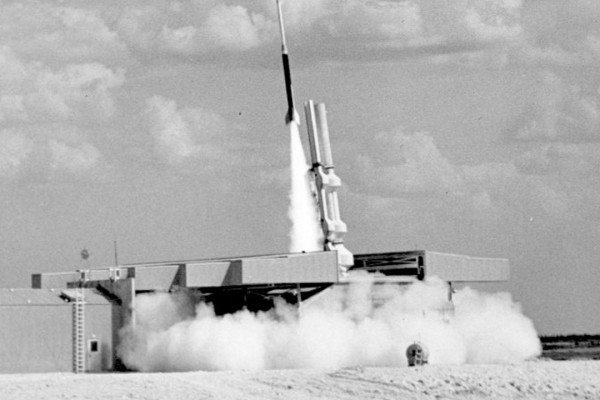
Poisoning the well: the toxic Cold War legacy of Winnipeg’s aerospace industry
Decades of toxic dumping by Winnipeg’s aerospace industry have left behind a poisoned aquifer, unacknowledged corporate responsibility, and a government still subsidizing the polluters. Magellan Aerospace, builder of fighter jet and rocket parts, continues to profit—despite a contamination crisis so severe, experts say cleanup won’t be completed in our lifetimes.
-

America’s 25-year tax cutting and fiscal train wreck
All the talk from the media, economists, and government officials about Trump’s tax cuts stimulating the real economy—boosting wages, jobs, and investment—is simply economic hype. The 2018 cuts didn’t deliver, just like those under Obama and Bush before him. Trump’s current bill won’t be any different. Fiscal and monetary policy in the late neoliberal era are failing.
-
_600_400_90_s_c1.jpg)
What is BRICS and where is it going?
The success of the BRICS project does not signal an overthrow of capitalism as a global system, but it does mark a shift away from Western dominance. It reflects a broader push for greater national sovereignty among countries in the Global South. The 2025 BRICS summit underscored that the center of gravity in the global economy is moving steadily southward.



